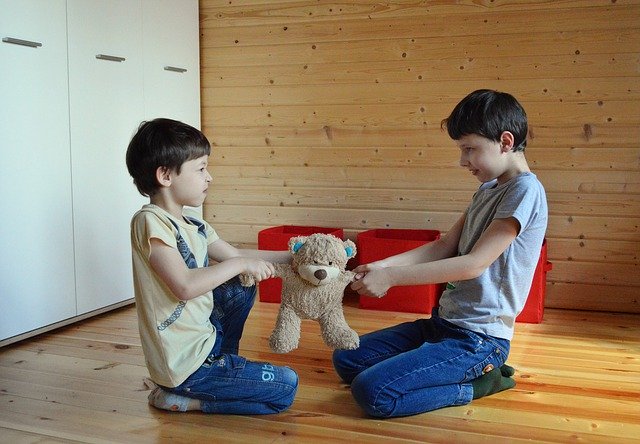Fights with relatives can be both ugly and tenacious whether a formal probate case is opened or not. As is often the case, the home or other property of an elderly, ailing, or deceased relative is at the heart of the dispute.
A man in New York recently shared his experiences of a fight with a relative in the New York court system. His account of events that took place after the death of his grandmother in 2003 should serve as a cautionary tale for people going through a similar experience.
Intro
My late uncle took advantage of my grandmother (his mother) so he could take her home and evict my mother (his sister) and me. After my grandmother died in 2003, time started running on a homestead agreement that my mother made with my uncle. From 2009 to 2012, he dragged us through the landlord-tenant court. We fought him and hired two attorneys who turned out to be inept.
Case Background
The story began with my late grandmother, who was a kind and gentle woman who was physically and mentally abused by her husband. He beat her so badly that she could have died. He eventually left Staten Island and moved to Albany.
My mother was then taking care of my grandmother in her home, but my grandmother eventually went to live with my uncle. He and his wife hatched a plan to take my grandmother’s assets and the home out from under my mother and me. That’s when the fight started. They hired a lawyer and sent my grandmother to a nursing home.
Involving the Courts In a Fight With Relatives
My mother should have hired a lawyer when she and my uncle drew up a homestead agreement to sell the house equally between them and to vest the title in my uncle’s name. Six years after my grandmother died, my uncle decided to sell our home in the Bronx and hired lawyers to evict us.
We were eventually paid after the sale of the house. However, the amount was less than half of what it was worth. We decided to go after this money six years later. We were unable to find a pro bono attorney to help us when we sued the attorneys and the woman living at the house to get what we thought we should get. However, we missed a court date, and the judge dismissed the case.
Under New York law, a motion to vacate the order could be filed, but you must have a good reason for not appearing and a meritorious defense or claim. I have serious concerns that we cannot pass the second part of the test. Much of the case law favors leaving things alone due to issues like res judicata collateral estoppel, the statute of limitations, and documentary evidence.
Walking Away
We decided to walk away from the case. By that time, my mother had breast cancer, which drained her. I couldn’t handle the case alone because of the stress. It wasn’t an easy decision. I was forced to admit that the case had weaknesses and would probably be dismissed. We failed to appear, and we made a mistake in the affidavits on one of the dates. We needed to have a case against each defendant, and we didn’t.
As painful as it is, I realized that putting my sick mother through any more of this was unnecessary. While it is easy to go back and say what if, I see that this case for us never really had a chance. My uncle was corrupt. My mother failed to obtain legal counsel at first and trusted her brother. By picking corrupt and inept attorneys, she was put into a situation where my uncle’s attorney could take advantage of us. We lost badly.
We both accepted this. The truth never got its day in court, but we tried our best and learned a lot. The system shielded them. So, I fail to see any benefit in wasting time with filing a motion that will not be granted.
My beloved Mom died in July 2019.
Lessons Learned and Questions to Ponder
This story raises more questions than it answers. The questions though make you aware of things that can go wrong in a civil case. Delays in filing documents, failure to ask for an extension or continuance, or reassessing a case years after it appears to be “over” can kill a case. Below are questions to ponder.
- Did this man and his mother ever have a meritorious case?
- Would the man and his mother have done better if they had a case strategy?
- Would it have been better to involve probate court rather than landlord-tenant court at the outset?
- Was their failure to appear in court the reason the system did not serve them?
- Is it plausible that every lawyer involved in the case was corrupt or inept?
It’s easy and tempting to enter into deals with family members without consulting a lawyer or understanding the documents you’re signing. Is it wise? No. Is it good? Probably. For the sake of family harmony, many people don’t involve lawyers in family agreements.
If you don’t involve a lawyer in your agreements or fights with relatives, at least understand the legal implications of the documents you’re signing. More importantly, prepare for the day that something goes wrong, and the contract has to be dug up and dragged into court.



